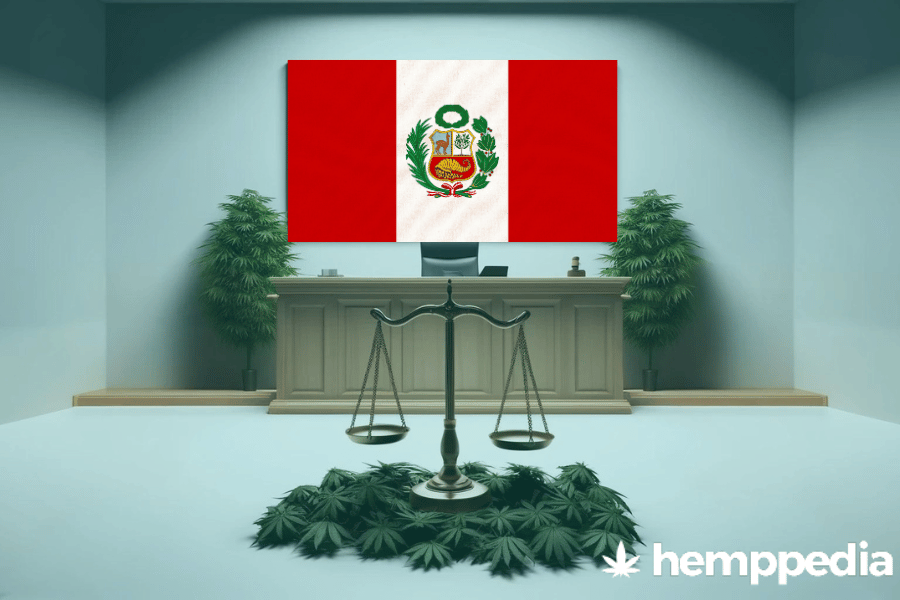This blog post aims to provide the most up-to-date information on the legal status of CBD (cannabidiol) in Peru. As cannabis laws around the world continually evolve, it is essential to understand the current legal landscape, regulatory bodies, restrictions, and enforcement penalties.
TL;DR
Despite the global controversy and debate on cannabis, CBD is legal in Peru, albeit with restrictions. In Peru, the use and production of CBD are permitted, granted that the THC content levels are within the limits achieved by proper processing. CBD’s legal status deviates from that of other cannabis forms due to the substance’s unique origin and uses, which lack psychoactive effects and are often used for treating health conditions.
Key Legal Aspects:- Usage: Legal
- Possession: Legal within specific THC content limits
- Production: Legal within specific THC content limits
Overview of CBD Legislation
Definition of Key Terms
CBD, short for cannabidiol, is derived from hemp, a type of cannabis plant. Unlike marijuana, another type of cannabis, hemp contains lower levels of THC, the psychoactive compound responsible for the marijuana high. CBD can either be full-spectrum (containing all compounds found in the plant, including THC) or isolate (pure CBD).
Legal Landscape
According to Peru Homeland Security, there are explicit regulations under Peru law allowing the use and production of CBD with specific requirements.
Regulatory Bodies
In Peru, the regulatory bodies that oversee CBD include the Ministry of Agriculture and the Ministry of Health.
Conditions and Restrictions
CBD in Peru must contain less than 1% THC. Businesses are also required to have a license to manufacture CBD products.
Historical Context
Peru legalized medicinal cannabis oil in 2017. Since then, the country has made strides to establish a framework for the cultivation and production of hemp for CBD extraction.
Possession, Use, Cultivation and Sales
In Peru, adults may legally possess CBD for personal use. The sale of CBD products is also allowed, with products being available in pharmacies and approved stores. Cultivation of hemp for CBD production requires an appropriate license. Importing and exporting CBD products are allowed within stipulated THC content limits.
Enforcement and Penalties
Failing to adhere to Peru’s regulations on CBD may lead to penalties, including fines and potential criminal charges.
Comparative Analysis
Compared to many jurisdictions globally that maintain strict laws around CBD, Peru has progressive legislation in place. The country allows for the use and production of CBD, distinguishing it from many regions that ban or heavily regulate CBD.
Conclusion
To conclude, while CBD is legal in Peru, it is subject to specific conditions and regulations. These measures, regulated by Peru’s Ministry of Agriculture and Ministry of Health, are designed to ensure that the CBD industry operates safely and responsibly.





